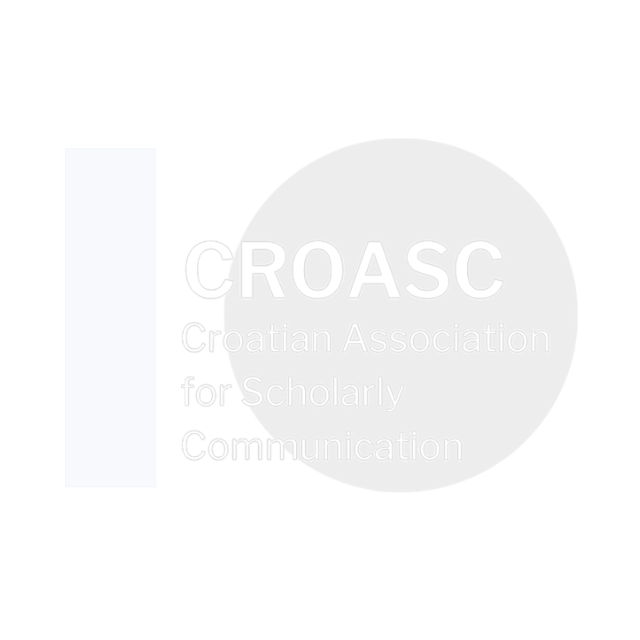
Joan Marsh
Dr Joan Marsh is the Editor-in-Chief of The Lancet Psychiatry. She joined the Lancet group in November 2013 as Deputy Editor to help to launch The Lancet Psychiatry and continued in that role until November 2021. She now has overall responsibility for the journal and its development, which includes manuscript assessment, overseeing peer review, and commissioning content. Her particular project is the Editorial Board Development Programme that aims to train early career researchers from low/middle-income countries in peer review and manuscript evaluation in preparation for joining a journal’s Editorial Board.
Joan read Natural Sciences at Cambridge University, then completed a PhD in molecular biology. She worked as an editor with The Ciba/Novartis Foundation in London, editing and organizing their prestigious symposium series. Joan then spent several years in South-East Asia, including two years in Hong Kong, where she worked for Hong Kong University and for Excerpta Medica. Joan returned to the UK in September 1999 and became an editor with John Wiley & Sons, commissioning books in the life sciences and medicine.
Joan is actively engaged with the European Association of Science Editors. She was on the Council for 12 years, including six as President, then Chair of its Gender Policy Committee, with a particular interest in improving diversity in peer review. She is now an Associate Editor for the Association’s journal, European Science Editing.
Academic writing - how to write a compelling research paper
In this workshop, participants will learn about planning and drafting a manuscript, including using reporting guidelines, creating effective figures and tables, writing a cover letter, and submitting the manuscript to a journal.
Research integrity
In this workshop, participants will learn about good ethical practices related to writing science papers, such as unbiased reporting, full and honest citation, respect for copyright, and international standards of authorship. They will also hear about poor practice, such as plagiarism, image manipulation, and hidden conflicts of interest.

